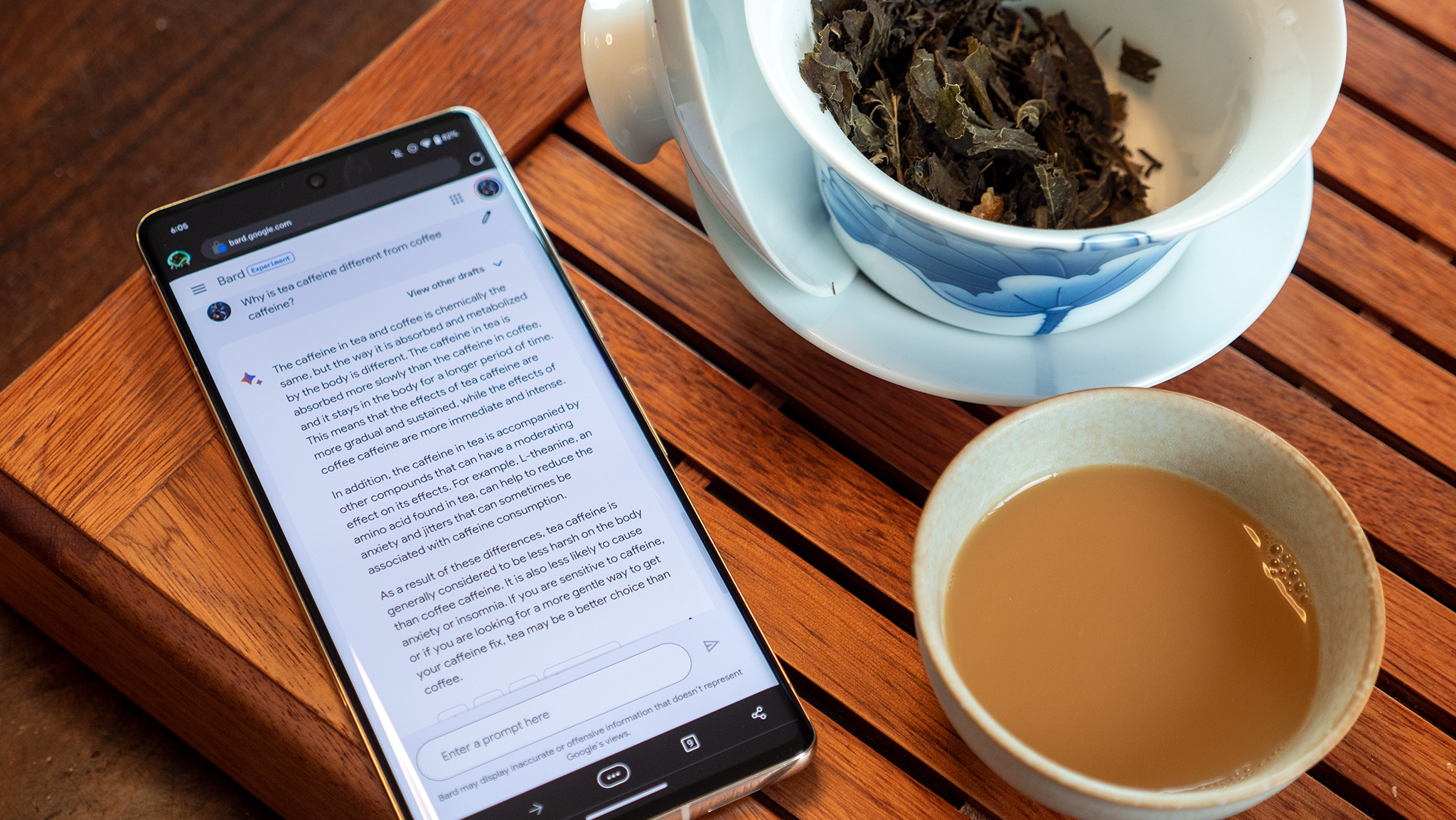
Based on Google's Language Model for Dialogue Applications (LaMDA), Google Bard is a generative AI chatbot that, according to Sundar Pichai, is designed to "combine the breadth of the world’s knowledge with the power, intelligence, and creativity of our large language models."
Despite the fact that Google Search is the most popular information source in the world, Google Bard has been overshadowed by Microsoft's ChatGPT thus far. Is this simply because ChatGPT is designed to be more conversational and creative, or because it's more widely available through Bing? Or is there a reason Google Bard had a rockier start in the public eye?
You can sign up for the Google Bard waitlist now; in our most recent check, getting off the waitlist only took about an hour, so you shouldn't have long to wait. While you wait, here's what you need to know about Google Bard, from how it works to what's coming next and how it compares to ChatGPT.
Google Bard, summarized
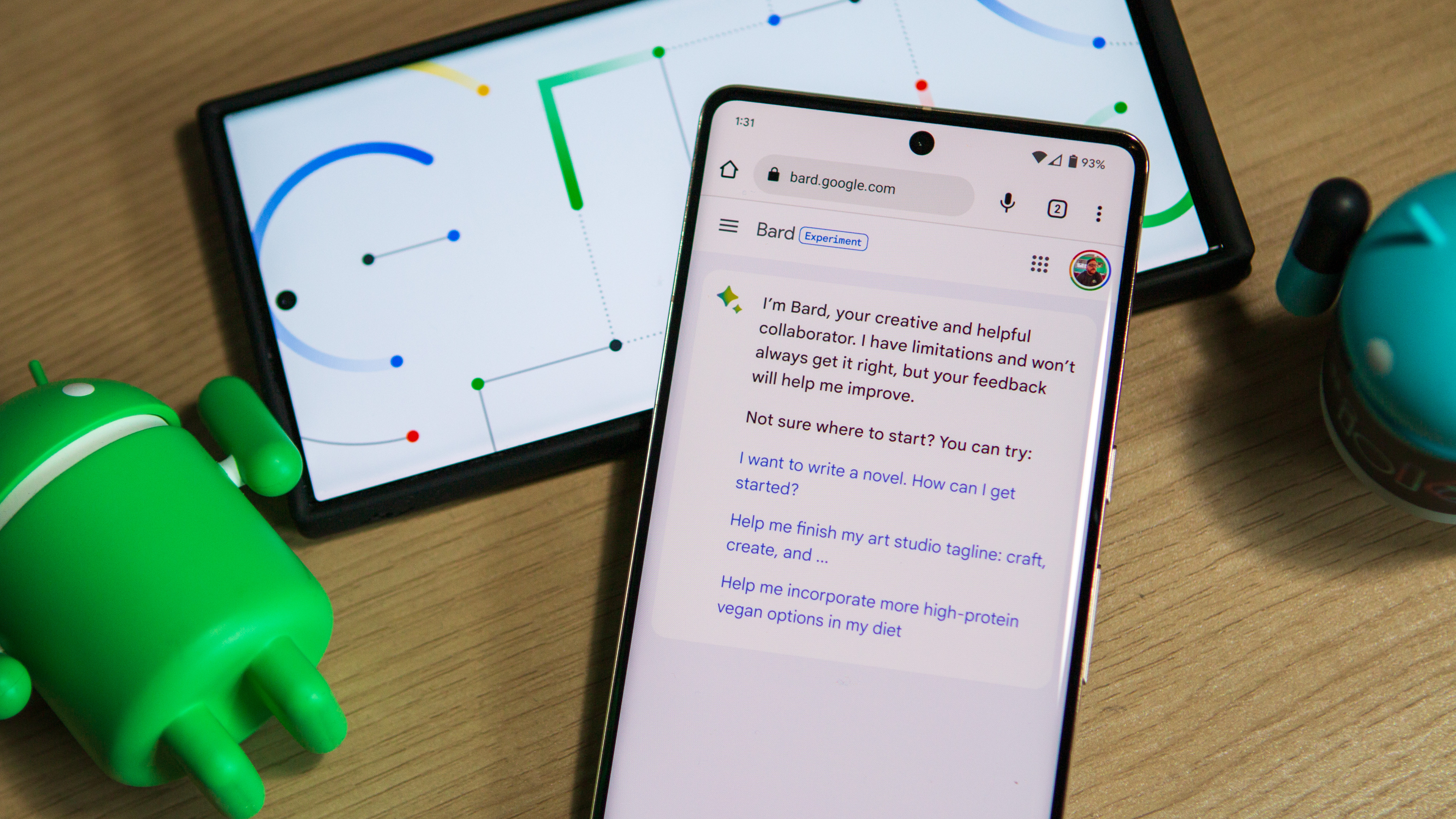
Here's how Google Bard described itself when asked:
"I am a large language model, also known as a conversational AI or chatbot trained to be informative and comprehensive. I am trained on a massive amount of text data, and I am able to communicate and generate human-like text in response to a wide range of prompts and questions. For example, I can provide summaries of factual topics or create stories."
Like most of Google's AI efforts, it's built off of Google's open-source "Transformer" machine-learning model that gets smarter by reading trillions of words from every publicly available source — then uses it to mimic human responses.
As a side-note, the language model GPT-3 used a Transformer learning model. If that sounds familiar, it's because ChatGPT uses a spun-off GPT-3.5 version, for its current iteration.
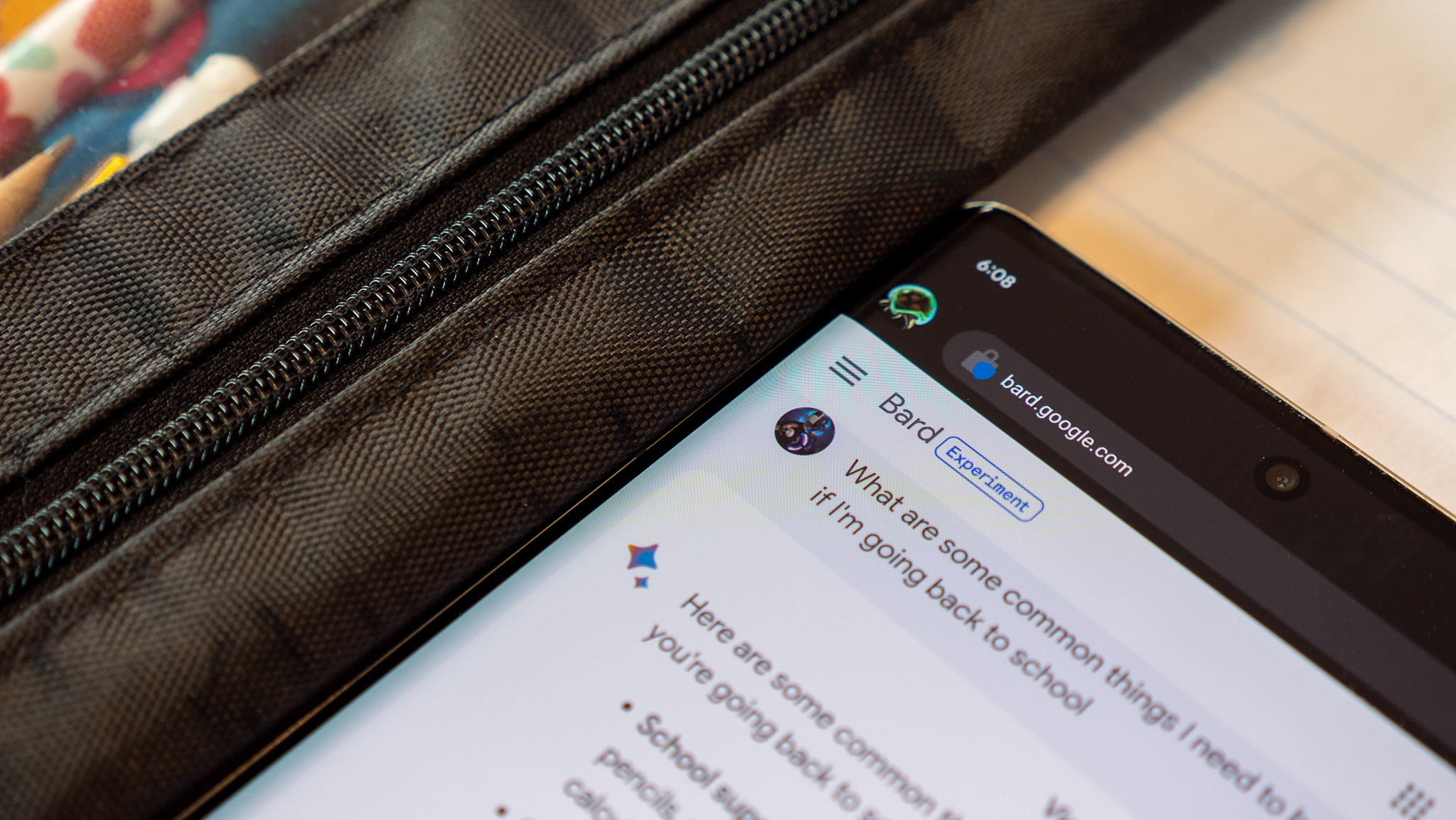
Both models gather information from the same sources (everything available on the internet, basically); the difference is in what they do with that information and how accurately they interpret and repackage it.
In Google's case, it recently applied its PaLM language model to Bard so it could better understand logical or mathematical questions posed to it. The goal is to make Bard "understand" questions rather than simply use SEO to generate likely answers, though we're not anywhere close to that level of sophistication yet.
We have a guide on how to use Google Bard to get you started with the chatbot. After you're signed up, you can simply ask it a question or tell it to generate an essay or story, and it'll create it.
At that point, you can click a thumbs-up or thumbs-down button to provide feedback, "view other drafts" to see other potential responses to your prompt, or "Google it" to take you to Search and see more possible responses to a question beyond the AI aggregate.
Where is Google Bard available?
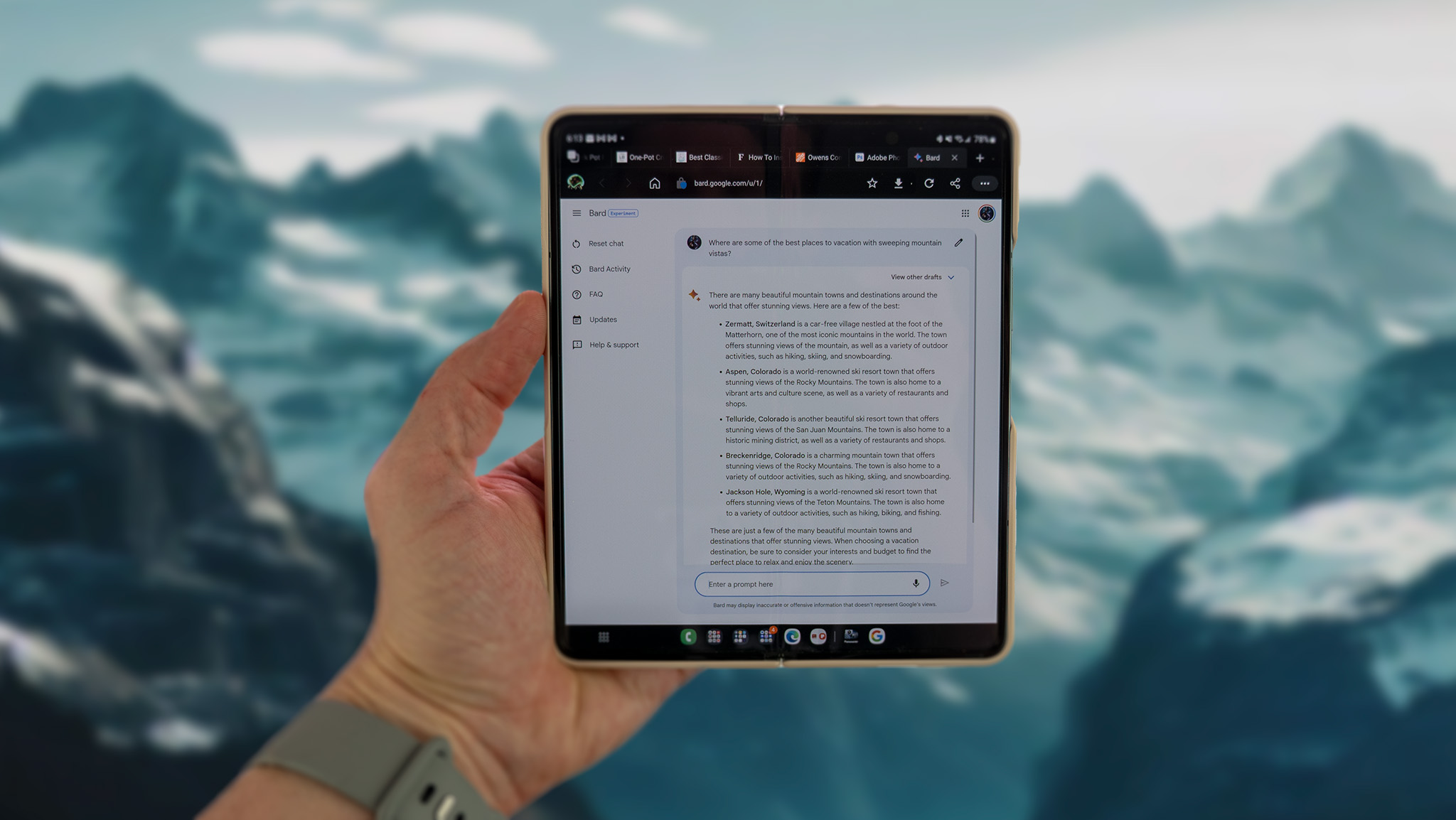
Google Bard doesn't have a mobile app. You simply go to bard.google.com, sign up for the waitlist with your Gmail, and wait to get approved.
Originally, it was only available for Pixel Superfans, while Google One subscribers jumped higher on the waitlist. But almost anyone should be able to access it quickly now that Bard has rolled out more widely.
You can access it through your web browser on any phone, tablet, or laptop, either via text questions or text-to-speech with your device's microphone. What you can't do (yet) is access it on your smartwatch, whereas you can access ChatGPT on a WearOS watch. ChatGPT is also being used by various apps as an information plugin, a service Google doesn't offer as of yet.
We're curious whether Android 14 will incorporate Bard as an upgrade to Google Assistant. Perhaps we'll learn more at Google I/O 2023 in May!
Google Bard controversy and reliability

As for Bard specifically, it rather notoriously gave the wrong answer during its reveal, causing a stock dip and convincing many that Google Bard had been rushed out, including Google employees. As one posted in Google's internal forum:
"Dear Sundar, the Bard launch and the layoffs were rushed, botched, and myopic. “Please return to taking a long-term outlook."
Google didn't heed this advice. Although Google Bard is rolling out slower than ChatGPT — which has been incorporated directly into Bing Search — Google does plan to insert Bard into Google Search at some point in the future. It is also consolidating various AI departments to better grow Bard into a ChatGPT rival.
Another point of controversy came when a former Google engineer Jacob Devlin claimed that Google trained Bard on ShareGPT, a forum where people post the AI's responses. And an internal source claimed that Google only stopped doing this when Devlin criticized the practice.
Google itself says that "Bard is not trained on any data from ShareGPT or ChatGPT," so we can't be certain if this is true or not.
The last point of controversy — plagiarisation of content without proper sourcing — applies to any AI bot. Bard and ChatGPT are designed to be conversational, and a person likely wouldn't say, "As I learned from X website, Y is true." But this means that websites create data that bots scrape and repackage for users without any compensation or linking to those sites.
Google Bard vs. ChatGPT
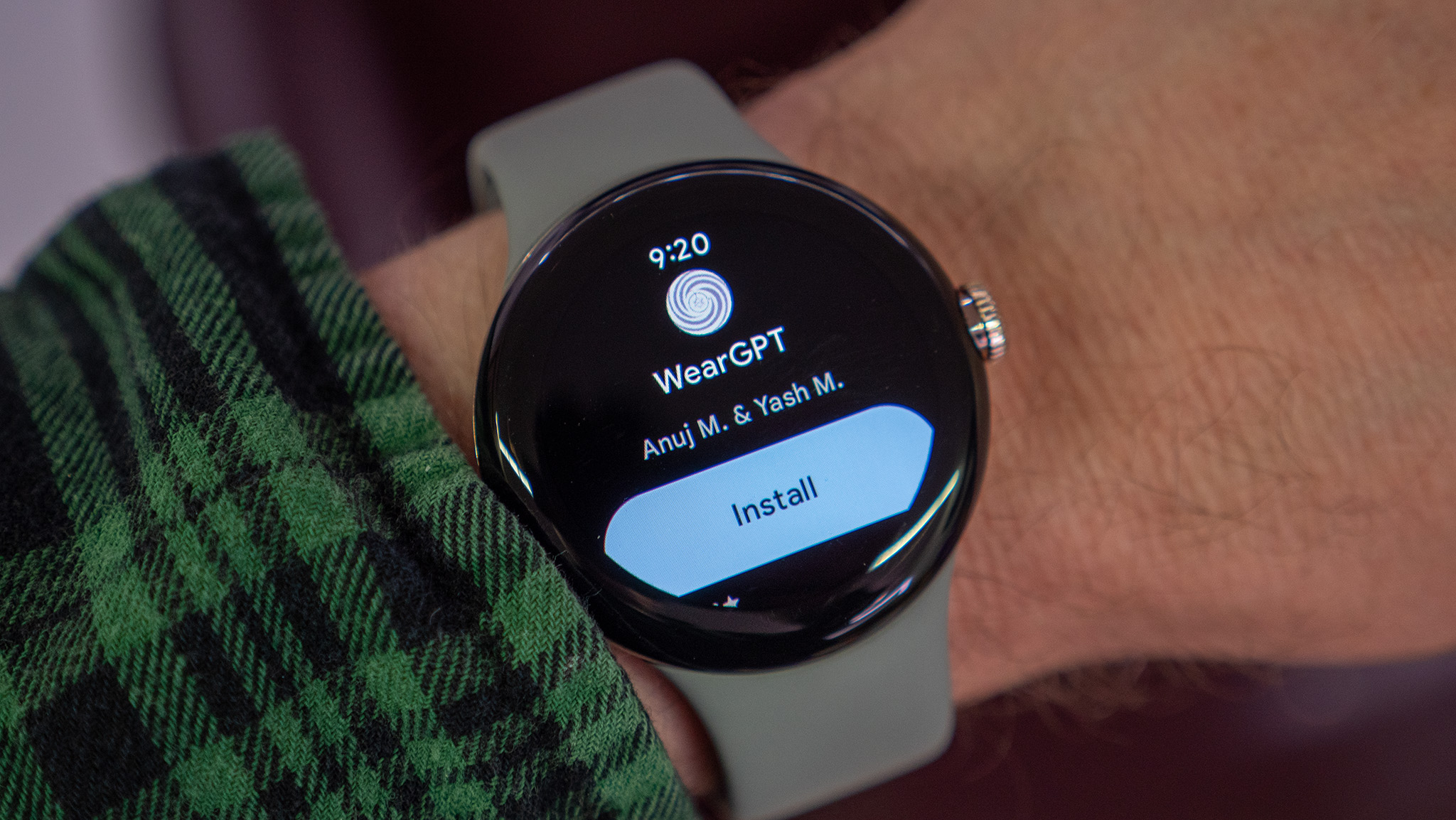
Comparing these two AI bots in their early days is a bit of a crapshoot. You can ask either one a question and won't be able to predict which gives a better response because both of them are inconsistent. In general, you just can't count on either to be accurate without following up by, well, Googling or Binging it for yourself.
Google Bard pulls its data from the latest information available, whereas ChatGPT 3.5 was only trained with data up to the year 2021, meaning questions about current events will likely give you inaccurate answers. Of course, Bard may not always get a question correct, either.
In fact, AC's Jerry Hildenbrand tested ChatGPT for himself and found it to be "as bad as I thought it would be." But Google Bard is often considered lesser, not only because it's less widely and naturally available, but because it's less conversational, whereas ChatGPT and Bing sound more natural and confident — even when they're wrong.
Google "purposefully limited" Bard's ability to remember and contextualize previous questions, so it's going to feel more like a strict Q&A than a conversation. With ChatGPT, the opposite is true: you'll have full-on conversations that may go completely off the rails, like when the Bing AI declared its love for a New York Times writer and tried to break up his marriage.
The latest version of ChatGPT is also designed for more advanced processes like interpreting what's happening in an image or video and responding accordingly. At the moment, you need to pay $20/month for ChatGPT Plus to get the latest version of the AI. At the moment, the latest version of Google Bard remains totally free.
Despite Google's software authority and AI prowess, Google Bard has a lot to prove. Maybe Google should have waited to launch it, or maybe it had no choice to do so before Microsoft and ChatGPT became entirely synonymous with AI chatbots and made a later Bard launch doomed to fail. It's difficult to say.
Yet unless Google starts shoving Bard into Google Search on both Android phones and iPhones, where people besides die-hard techies will find it naturally, Bard will fail to make an impact. But if they put Bard into Search and it makes search results more inaccurate, that'll hurt the brand's credibility and push users towards Bing.
It'll be fascinating to see where this leads. We'll follow the Bard experimental updates page to see what changes Google makes to the AI bot over time. And we know that the Bard tech will make its way into other Google software and platforms; for example, Google plans to use Bard to improve Pixel Call Screening.


.png?w=600)




